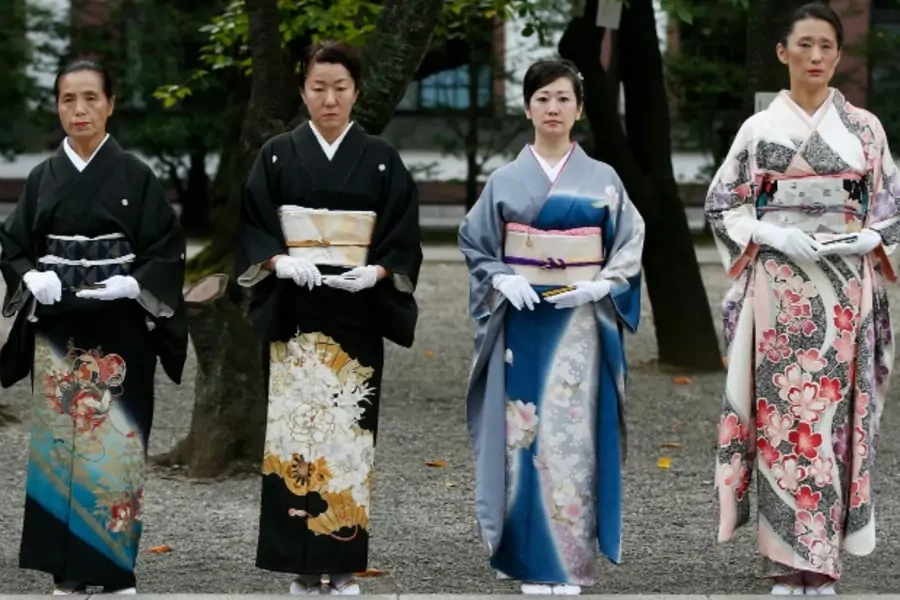Friday Asia Update: Top Five Stories for the Week of October 18, 2013

More on:
Will Piekos and Sharone Tobias look at the top five stories in Asia this week.
1. India, China near border deal. Diplomats from Beijing and New Delhi are finalizing a border defense cooperation pact in advance of Indian prime minister Manmohan Singh’s visit to China next week. The two sides agreed to notify the other of any planned patrols, to not tail each other’s patrols, and to establish a hotline between top ranking military officers. The pact follows a period of heightened tensions in the wake of a three-week border incursion in May by Chinese forces into disputed territory.
2. Abe avoids Yasukuni Shrine again. Japanese prime minister Shinzo Abe rejected calls to visit the controversial Tokyo war shrine for the third time this year, instead sending a ceremonial offering. More than 150 politicians still chose to visit the shrine, many “in a private capacity,” a phrase often used by politicians to avoid angering China. Still, the Japanese ambassador to China was summoned by the Chinese foreign ministry, which issued a “solemn protest” and “strong condemnation” of the visit. This spectacle has played out many times before—at least this time Sino-Japanese relations do not seem to have suffered any lasting ill effects.
3. Economic growth rate in China rebounds. In the third quarter, China’s economy grew by 7.8 percent, its fastest pace this year, driven by firm demand that lifted factory production and retail sales. Though optimism was stymied by a fall in September export numbers, the growth rate was in line with projections and represented a steady increase from earlier in the year. Still, analysts question if such growth rates are due to the rebalancing of the economy that China so desperately needs. More likely, it seems, is that Beijing is reverting back to investment-based growth that solves none of the deeper problems that plague the Chinese economy.
4. Beijing institutes air pollution response plan. Beijing’s municipal government adopted an emergency response plan on Thursday that would implement alternate driving for even- and odd-numbered license plates when air pollution reaches “serious” levels for at least three consecutive days. Serious levels are defined by an air-quality index of 300 on a 500 scale—a level usually only reached in the United States after forest fires. Earlier this year, Beijing’s air-quality index reached 755, according to the U.S. Embassy. The new system will include four degrees of air pollution warnings, colored blue, yellow, amber, and red. When an amber warning is issues, factories will stop production and restaurants will not be able to offer open-air barbecue; when a red warning is issued, the new driving restrictions will take effect and primary schools will close. Beijing previously implemented the alternate driving restrictions in 2008, in preparation for the Olympics. The government has also announced it will offer 5 billion yuan ($818 million) in additional funds to the region that makes the greatest improvement in reducing air pollution within the year. The decision comes the same week as the International Agency for Research on Cancer, part of the World Health Organization, officially declared air pollution a carcinogen.
5. Mayor of Nanjing is newest official targeted in the anti-corruption campaign. Mayor Ji Jianye of Nanjing, China, is under investigation for graft, according to a party statement released Thursday. China’s Supervision Ministry, who released the statement, did not give any further details. Ji has approved a number of controversial construction projects over the past four years, and it is rumored that he offered lucrative contracts to friends—earning him the nickname “bulldozer mayor.” Ji would be the latest in a string of officials who have been indicted since President Xi Jinping called corruption a threat to the Communist Party’s survival when he took office in March. Other recently indicted officials include former executives from state-run oil giant PetroChina.
Bonus: Zombie snakes attack. A woman in China awoke to see a snake with one foot clinging to the wall of her house by its talon. She killed the snake with her shoe, and it has been sent to a university to study the unusual mutation. In other snake-related news, a woman in Harbin was bitten by a snake that came back to life after being pickled in wine for three months. Viper wine is used in Chinese medicine to cure joint-related ailments.
More on:
 Online Store
Online Store
